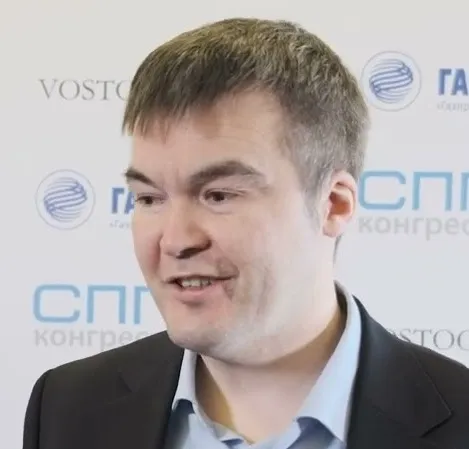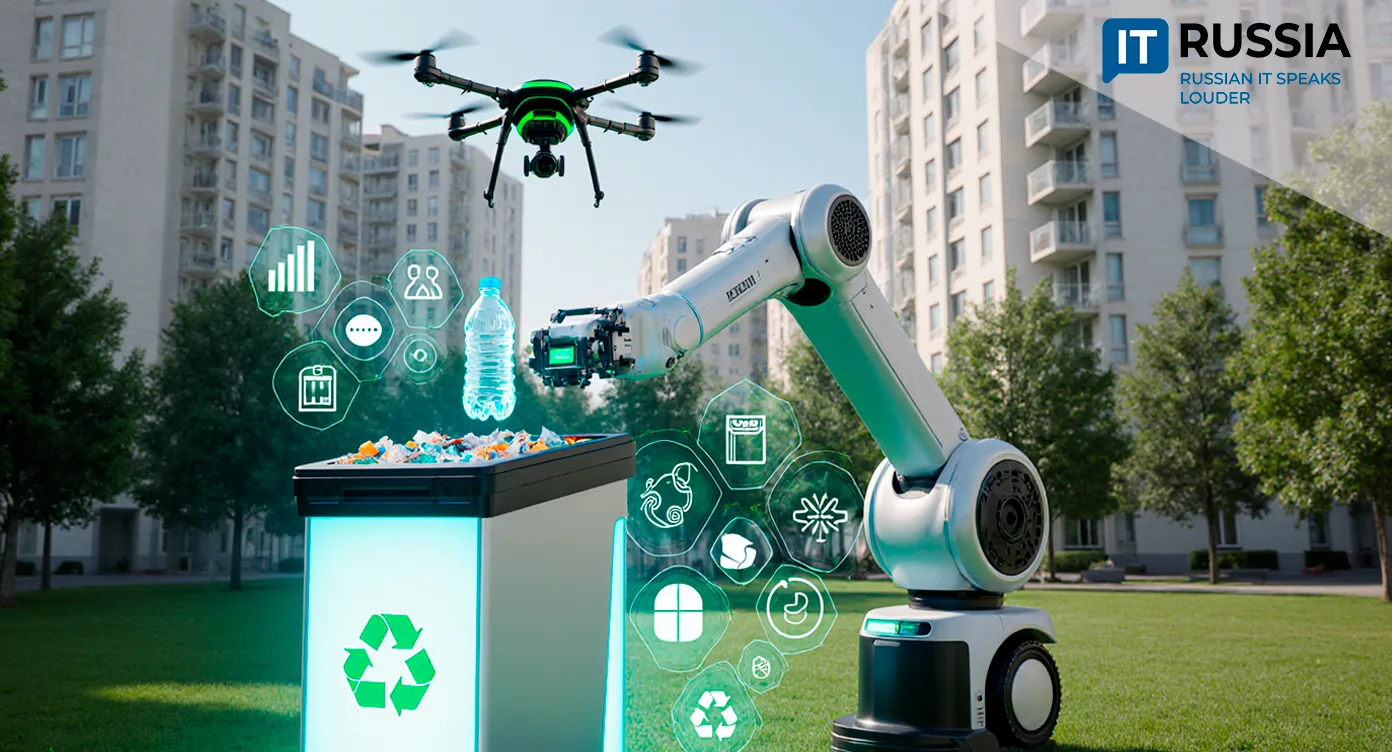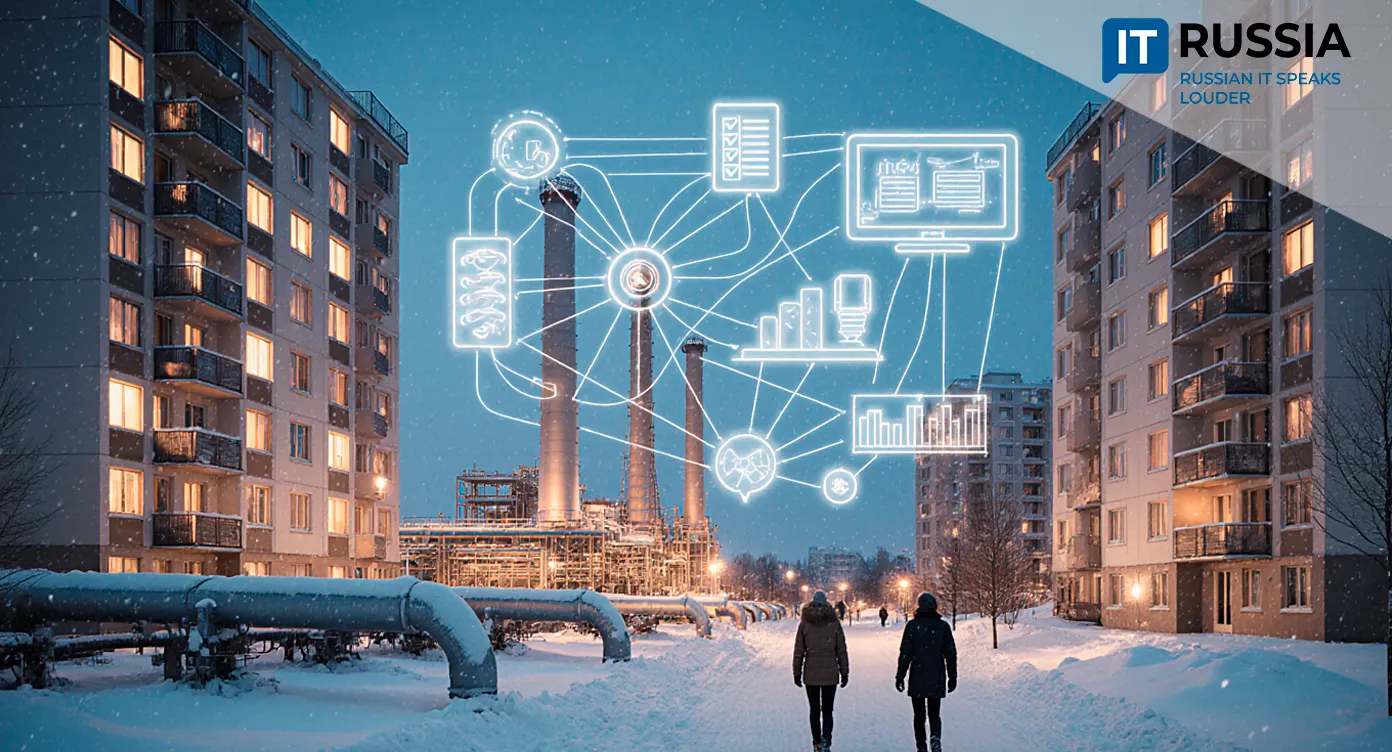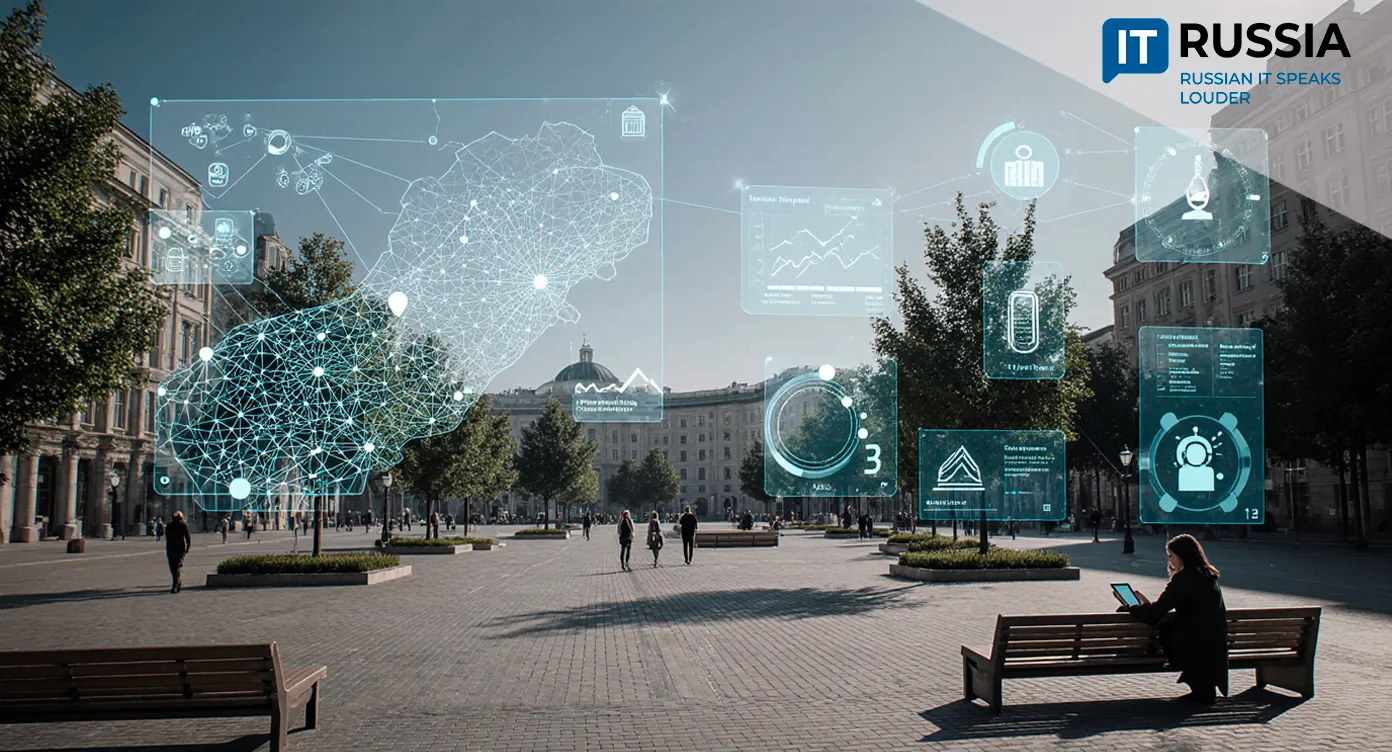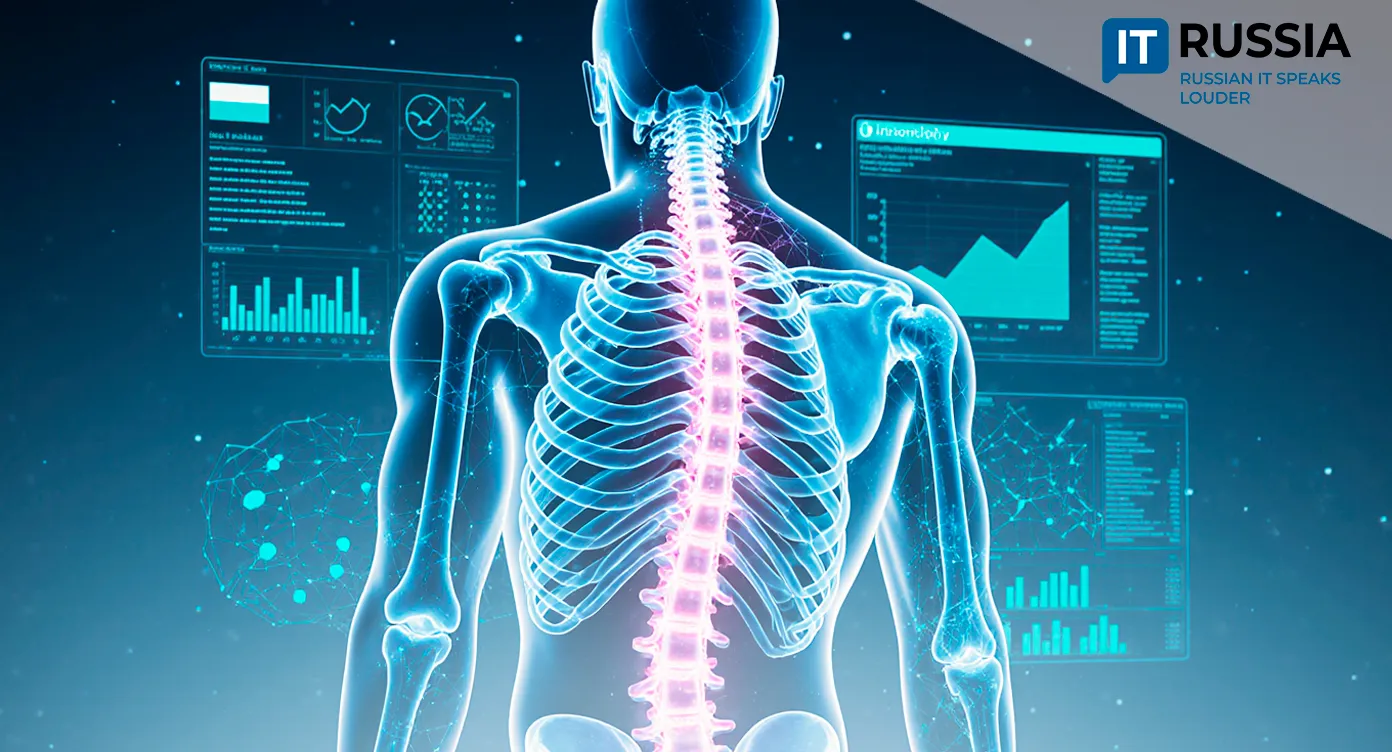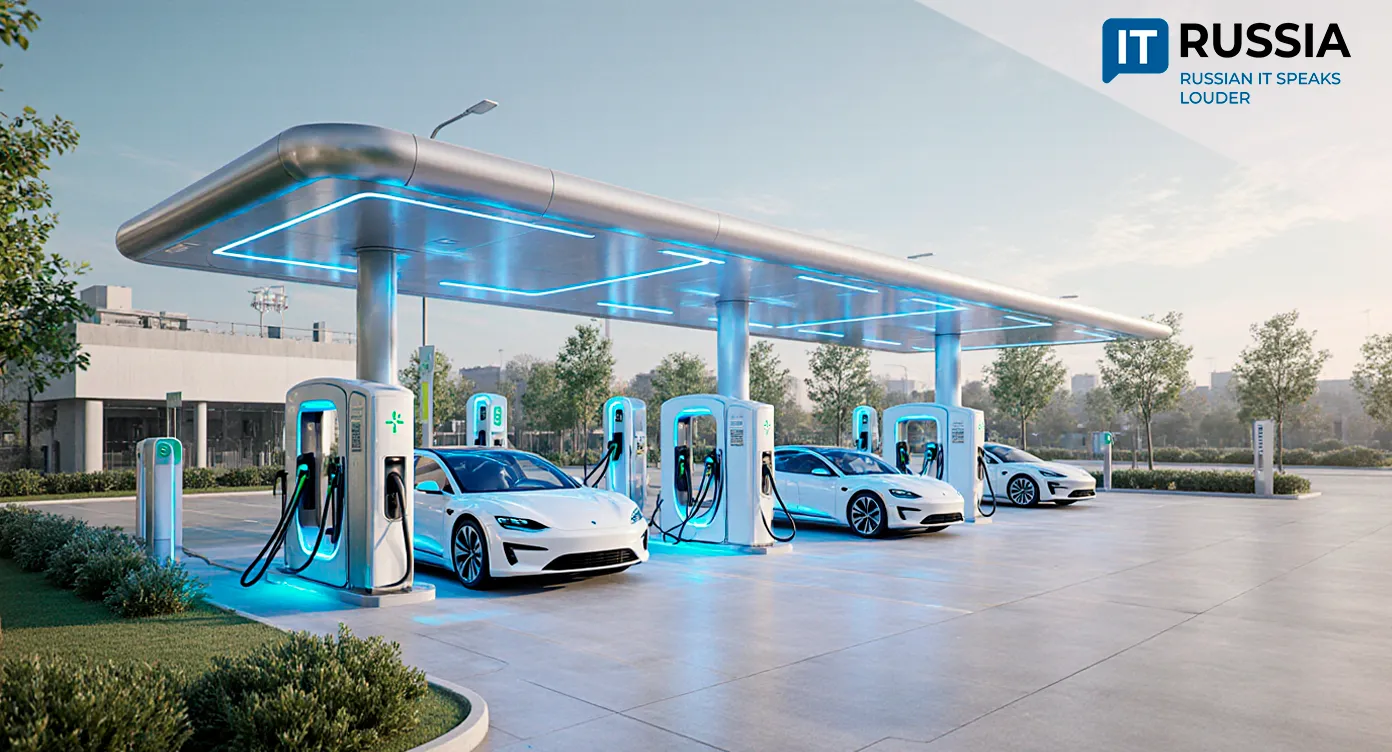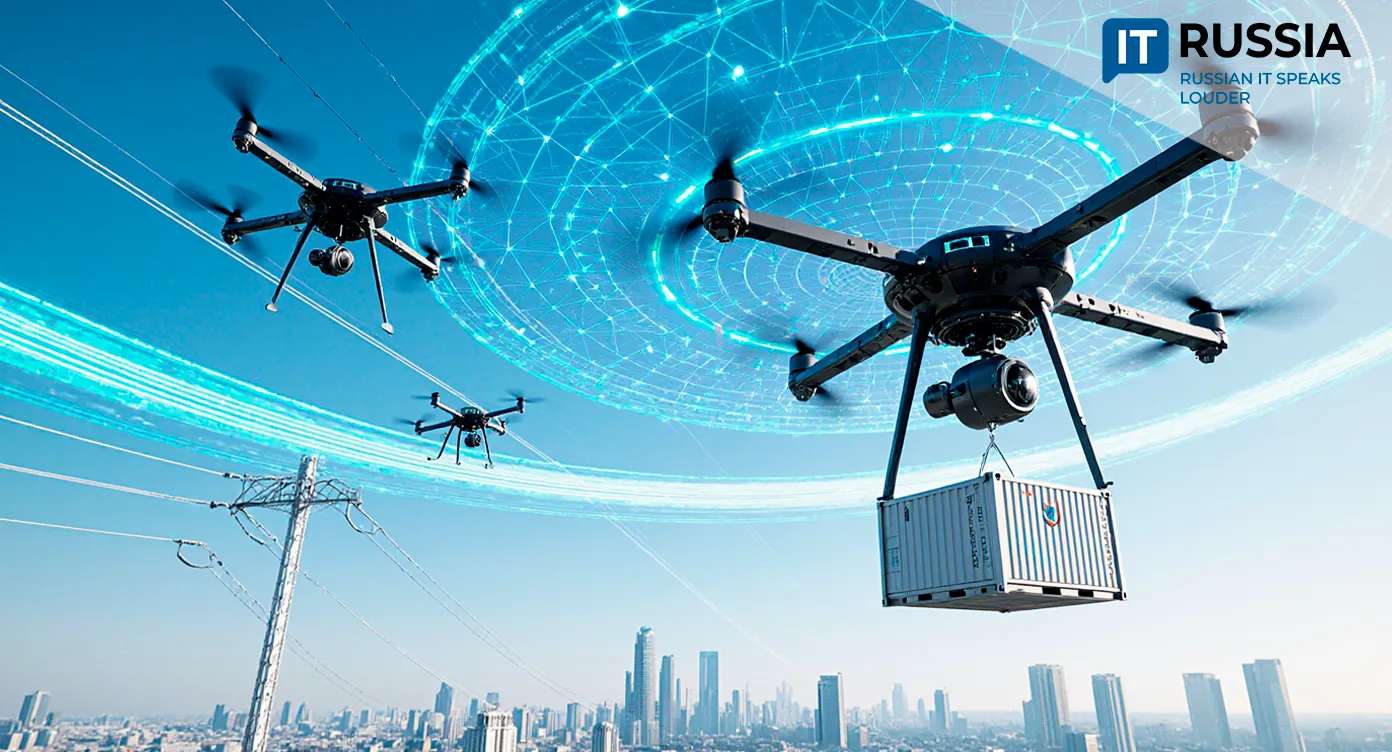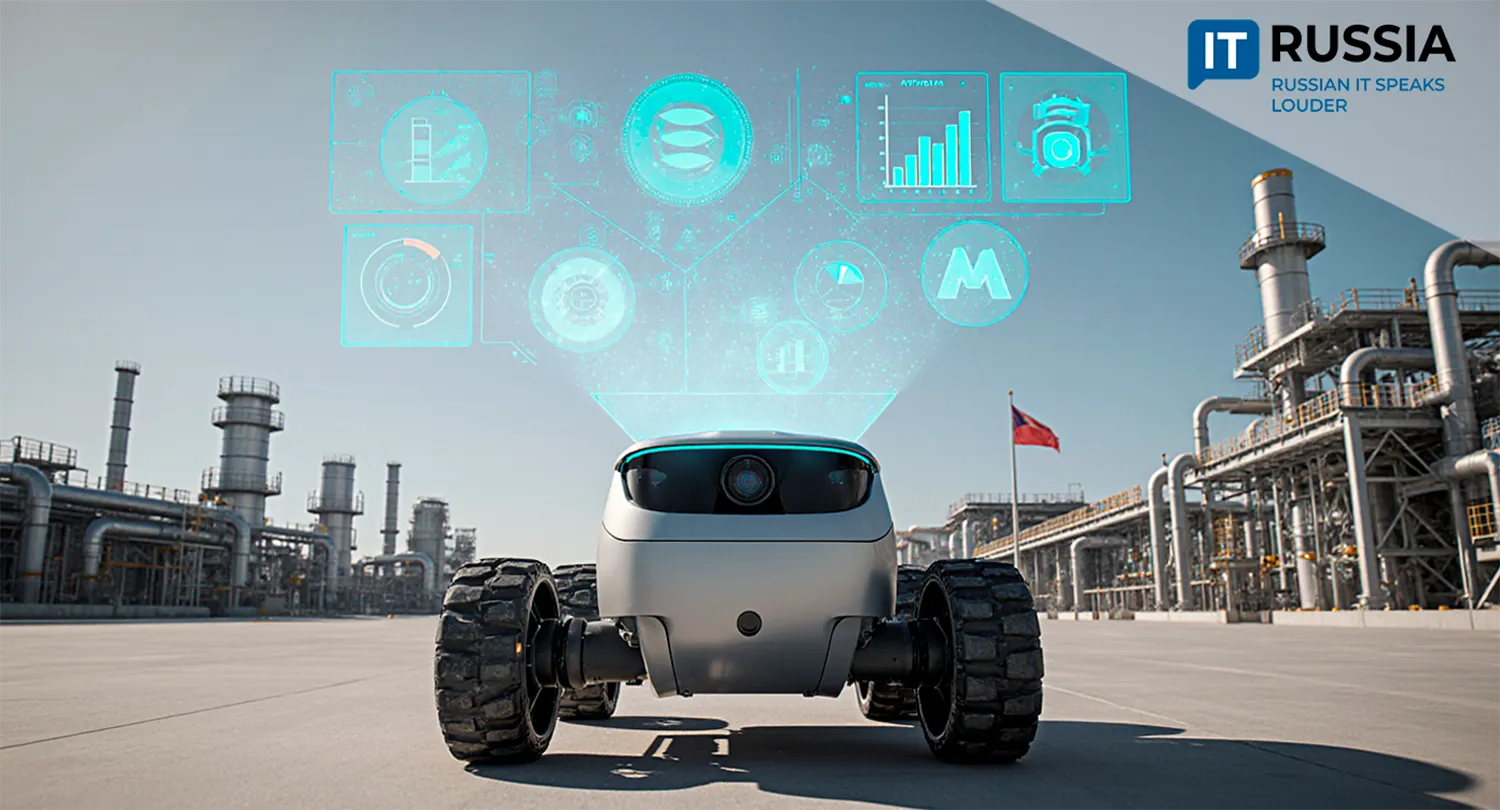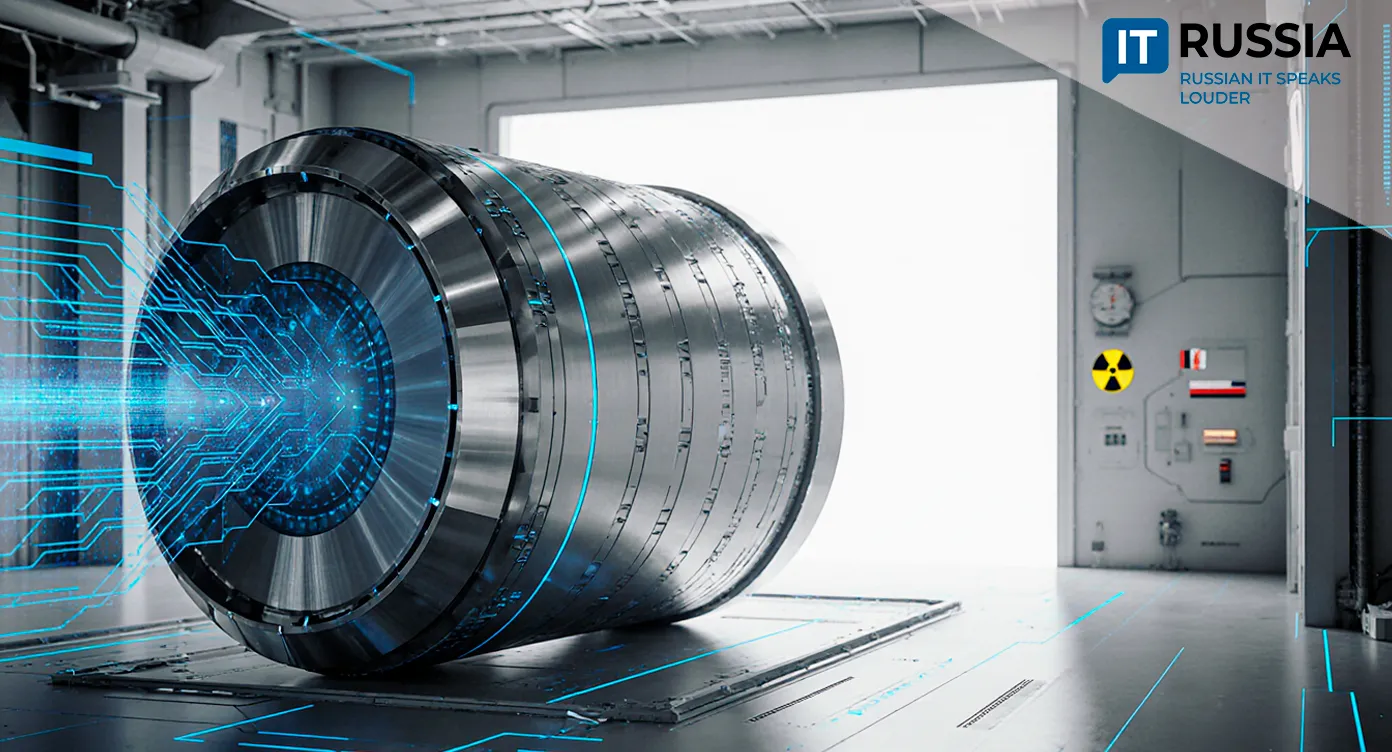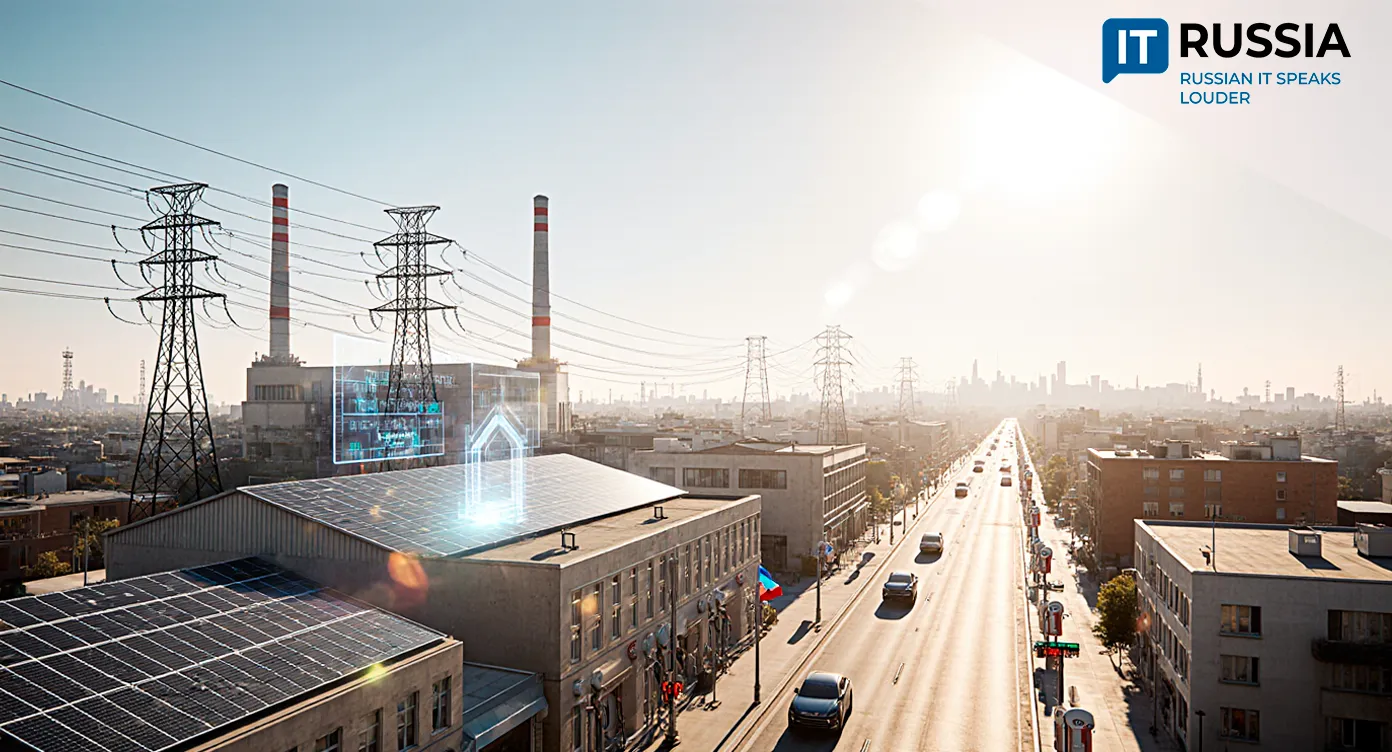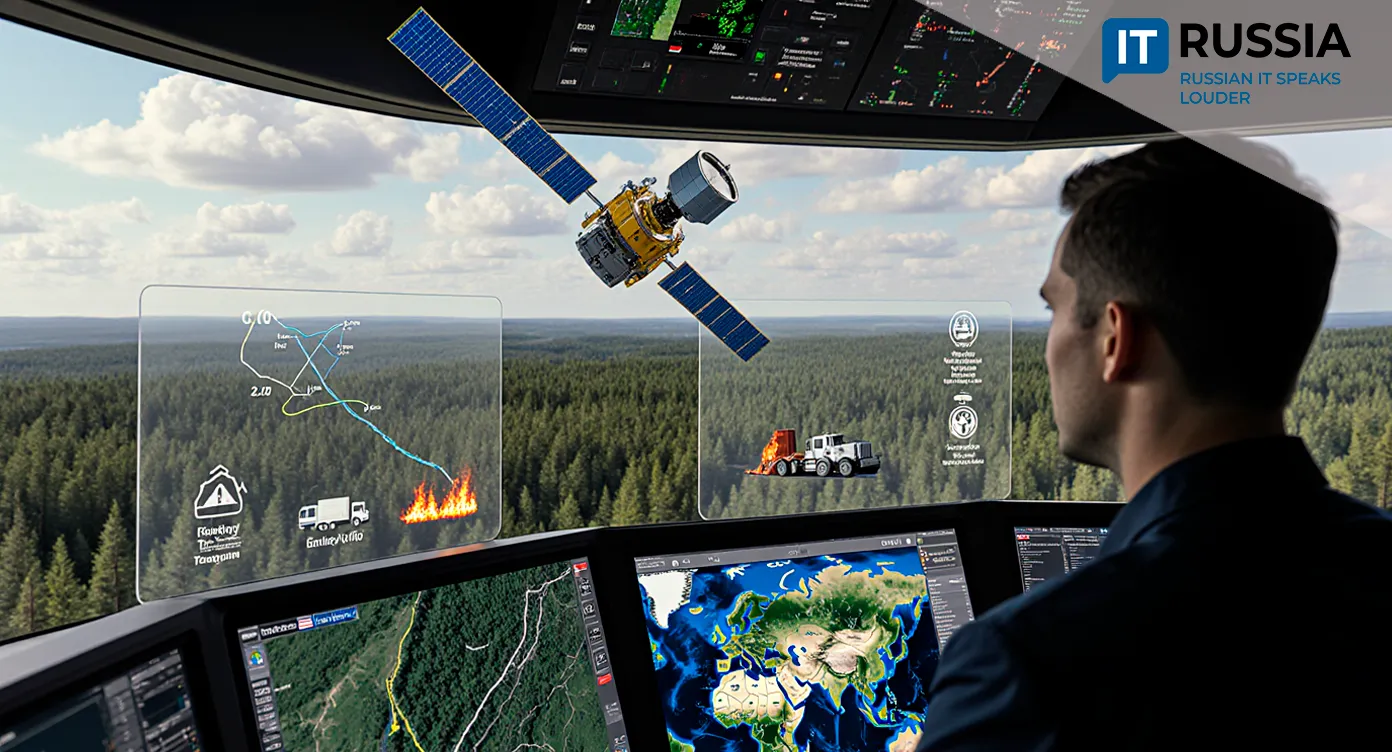MIPT Launches AI Platform for Smart Energy Systems: A New Stage in Energy Digitalization
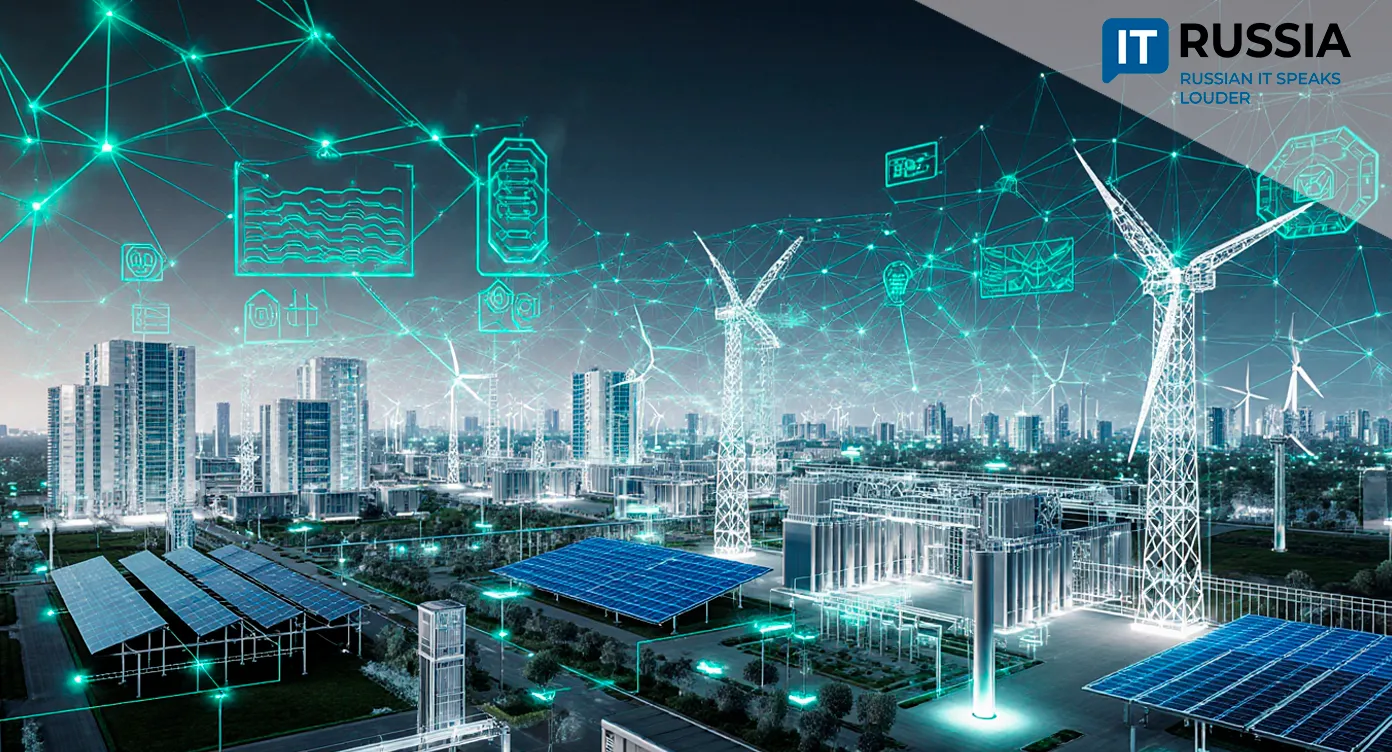
A research group at the Moscow Institute of Physics and Technology (MIPT) has developed an innovative AI-driven platform called Smart Energy Systems.
Optimizing Power Distribution
The new system is designed to optimize electricity distribution among consumers and balance loads across power grids. For example, it can automatically activate energy-intensive devices — such as pumps or heating equipment — during off-peak hours, and adjust consumption patterns according to available resources. This increases both energy efficiency and grid resilience.
The project carries strong potential not only for improving efficiency at the level of individual facilities but also at the regional scale. By forecasting peak loads and applying adaptive management, the platform helps reduce accident risks, minimize equipment wear, and smooth fluctuations in electricity consumption. Ultimately, this contributes to tariff optimization and eases overall pressure on the power system.

Savings, Stability, Sovereignty
For end-users, the introduction of AI-based systems translates into lower energy bills and greater reliability of supply. For the state, it represents an investment in digitalizing a critical sector of the economy, strengthening technological sovereignty, and advancing toward a “smart” energy system. In the context of sanctions and import substitution, solutions like MIPT’s platform take on strategic importance.
International Interest: Export Potential of Smart Grids
The technology could also spark interest abroad, especially in countries modernizing their energy infrastructure. For instance, in the United States, the Department of Energy (DOE) is pursuing the “Advanced Research Directions on AI for Energy” program, which focuses on integrating AI into power systems.
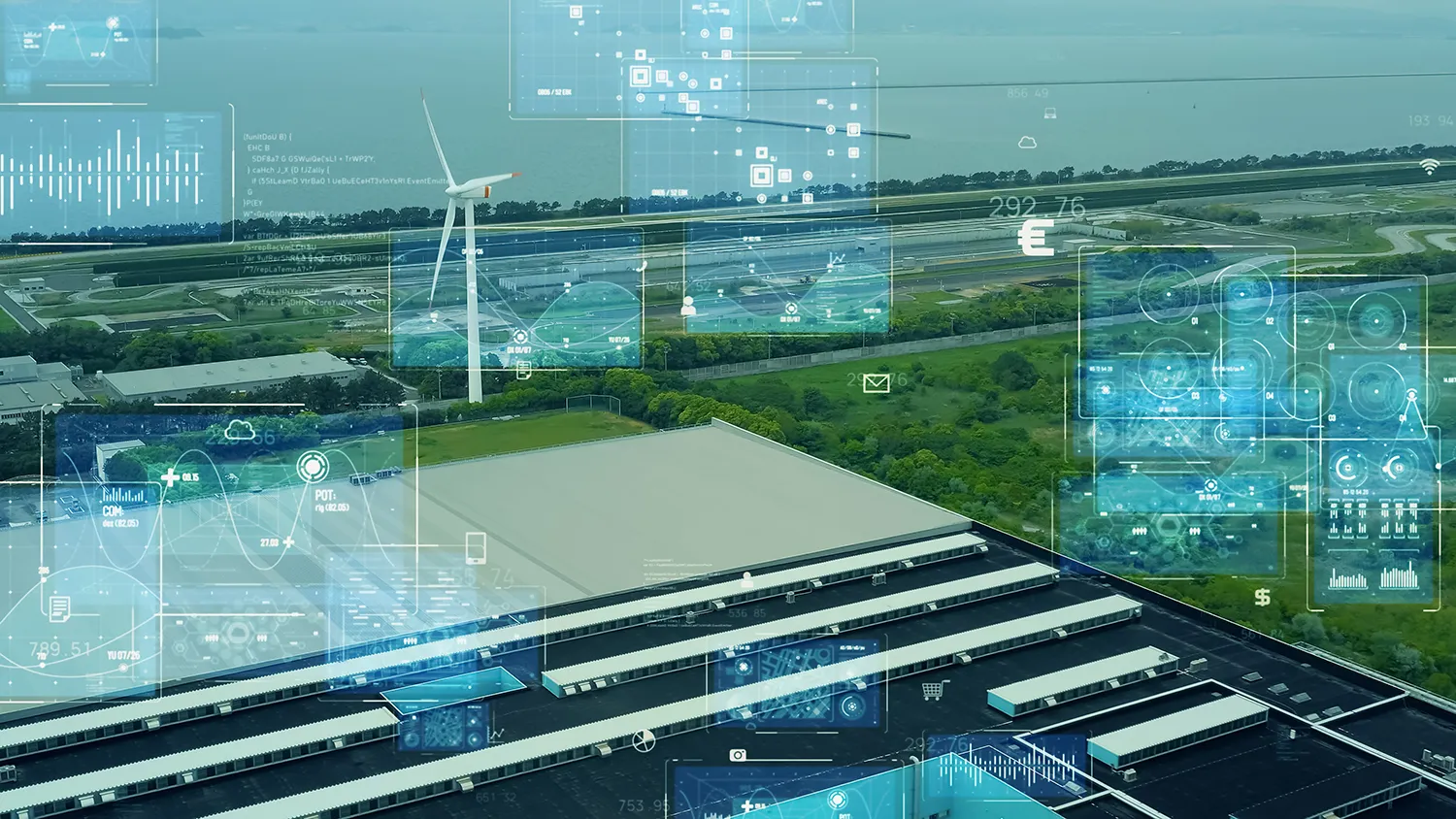
Thanks to its flexibility and adaptability, the Russian platform could prove competitive in global markets, particularly in countries with developing energy systems.
From Testing to Commercialization
The platform is currently undergoing bench tests and simulation trials. Pilot projects on real facilities are scheduled for 2025, with a commercial rollout expected by 2026.
In recent years, related fields in Russia have developed rapidly. In 2025, MIPT opened a specialized artificial intelligence institute, which served as a catalyst for such projects.
Rosatom companies are deploying digital twins and smart test sites to optimize power generation, laying the groundwork for AI integration into industry.
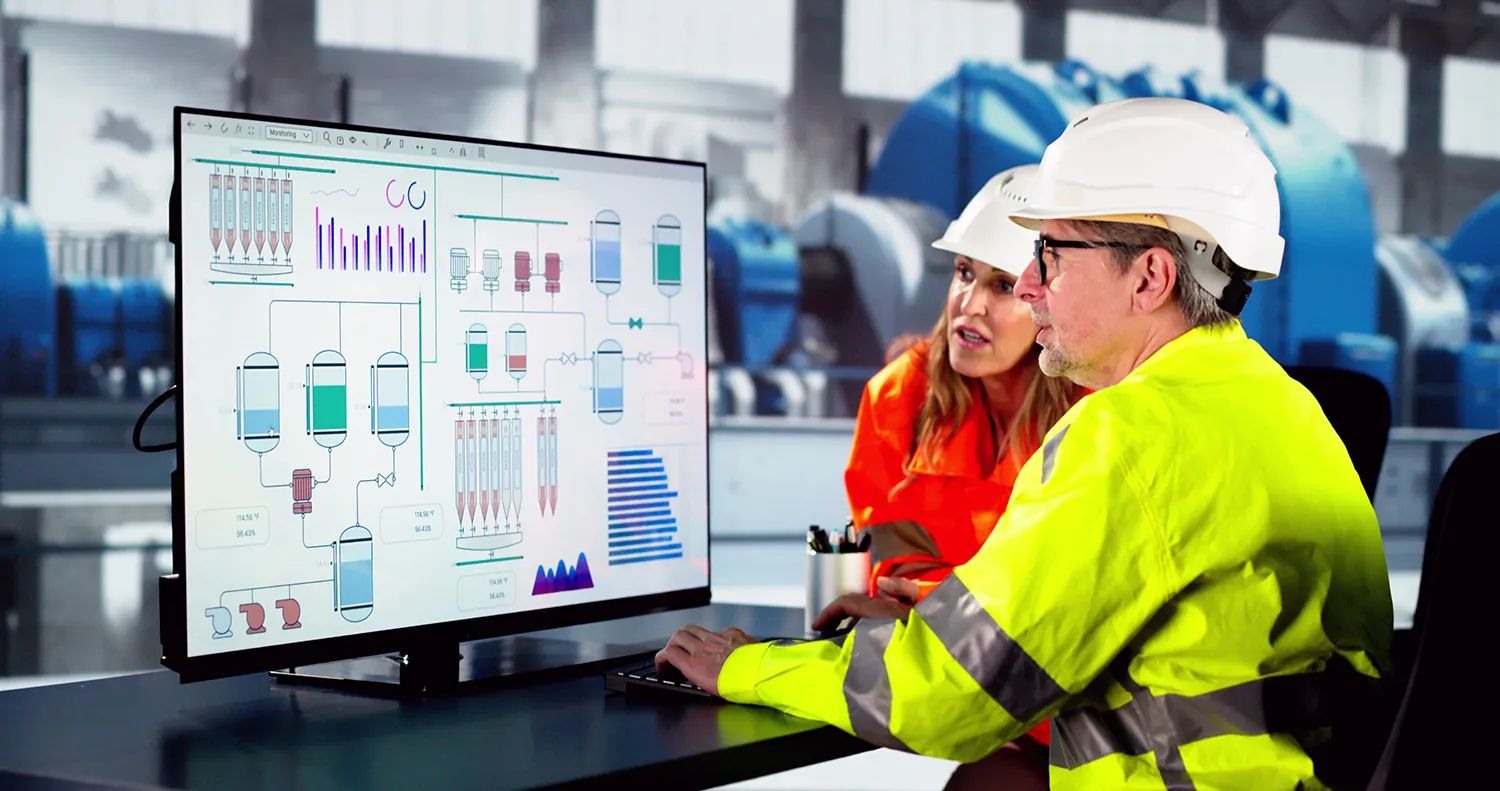
Path to Intelligent Grids
The Smart Energy Systems project marks an important step toward building an intelligent, resilient, and efficient power infrastructure. It combines scientific rigor, practical applicability, and a clear path to commercialization.
In the long run, the technology could form the backbone of smart cities, be adapted for international markets, and contribute to new standards in the field of intelligent grids.
Russia has the chance to secure a strong position in the global race toward green and digital energy transitions. This would significantly reduce reliance on high-emission energy sources, while digital technologies in the energy sector would optimize both consumption and generation, ensuring the move to a sustainable, decentralized energy system.


